Two types of entrepreneurship: The Freelancer and the Entrepreneur
What type of entrepreneurship are you in?
Entrepreneurship is a big term. A bit too big. Knowledge or advice about entrepreneurship is inherently only applicable to some of it.
By breaking it up into the two main and very distinct types, it helps you see more clearly what the right strategy and path for growth is. And to know what not to do.
So, which one are you? Are you a "Freelancer" or an "Entrepreneur"?

Know your work. Translating success to your main focus. (Metrics part 2)
In the last post, I focused on the importance of creating a metric that allows you to track whether or not your work is having the desired effect.
Even more powerful is being able to track whether or not you've done the work necessary to reach that effect.
It's difficult to make that translation. That's part of your experience as an entrepreneur. But it allows you to do some nifty things. Check it out.

What's your metric for success? (Metrics part 1)
At its core, entrepreneurship is doing things you like doing and can do, for people who like it and benefit from it. The game is to do that, ánd charge for it so you can do it again.
So how much revenue do you want to generate? And how does that translate to a number you can track so that you know you're on the right track?

Seth Godin's Startup School
A course I really enjoyed listening to. I'm a big fan of Seth Godin because he's such an original thinker. So it was great to get insight a 3-day course where he teaches the ins and outs about starting and marketing a company.

Mark Manson - Your goals are overrated
And here I am, helping entrepreneurs set goals for themselves. But just as important (and what I always also talk about) is creating habits. Habits create “free” progress because after a while they’re second nature. And habits compound. Once you have one, the next one is easier to add. Here, Mark gives the 6 he views as the foundational. Which one will you add to your life?

How to make choices. 11 ways to reframe to make decisions easier.
Making a decision can be super hard. But they're super helpful because they allow you to free up more of your energy on the task at hand. Here are 11 ways to reframe your choice at hand and help you make better decisions.

Letting go of something you’ve build.
It’s been 4 years (almost to the date) that we launched De Universiteit. 4 years. That’s a big chunk of time. It’s been quite a ride. And for me, that ride is coming to an end.
In this “open letter”, I want to share my thought process. My intention is to share how this decision has come about and what my reasoning was for retiring my role in De Universiteit. To share my experience and view on what we’ve created. And how it is to let something go that you’ve build. Hopefully, reading this is helpful to you and De Universiteit in some way.

Paul Jarvis - There’s no such thing as a big break
"What appears to be a big break for other people is really just the result of not knowing the backstory."

Kevin Kelly - 1,000 True Fans
We hebben de neiging alles kleiner dan een moonshot succes als slecht normaal te zien. Dat je dankzij het internet alleen nog maar voor de Facebook-achtige plannen moet streven. Er is echter ook een gebied daarachter. Lifestyle businesses. Een gebied tussen de enorm grote successen en de mini-niches in: The Middle Tail. Kevin Kelly (oprichter van Wired) betoogt dat je aan 1000 mensen die echte fans van je zijn genoeg hebt!

Chris Corrigan - The complex world is hard
Chris Corrigan is een Art of Hosting practitioner. Hij helpt bedrijven omgaan met complexiteit en de onzekerheid die daarbij komt kijken. Hij beschrijft hier mooi wat klanten graag willen hebben: het antwoord, de zekerheid, een strategie. De dingen die het gevoel van controle geven. In plaats daarvan levert hij z’n klanten tools om om te gaan met de onzekerheid van complexiteit.
